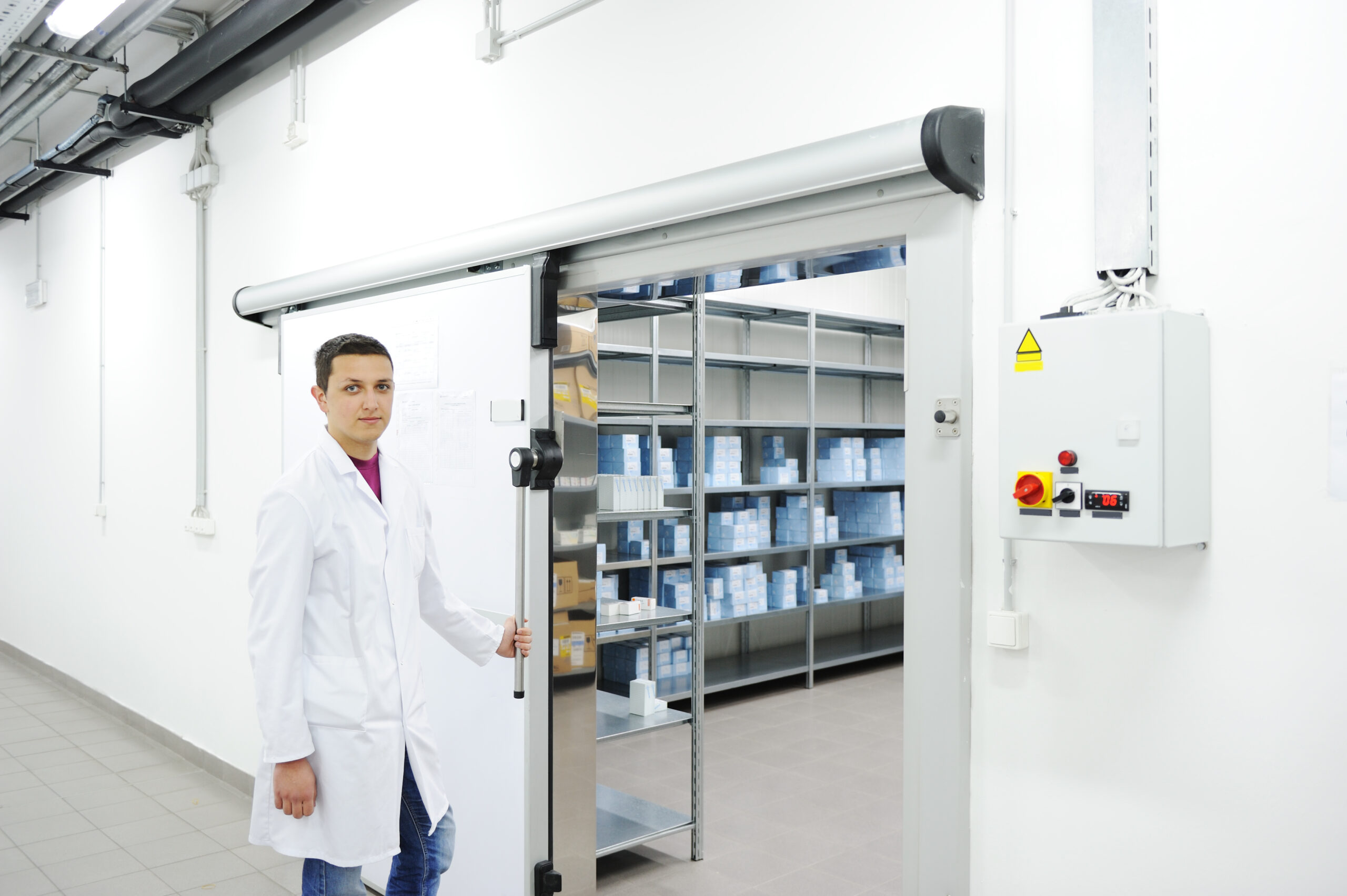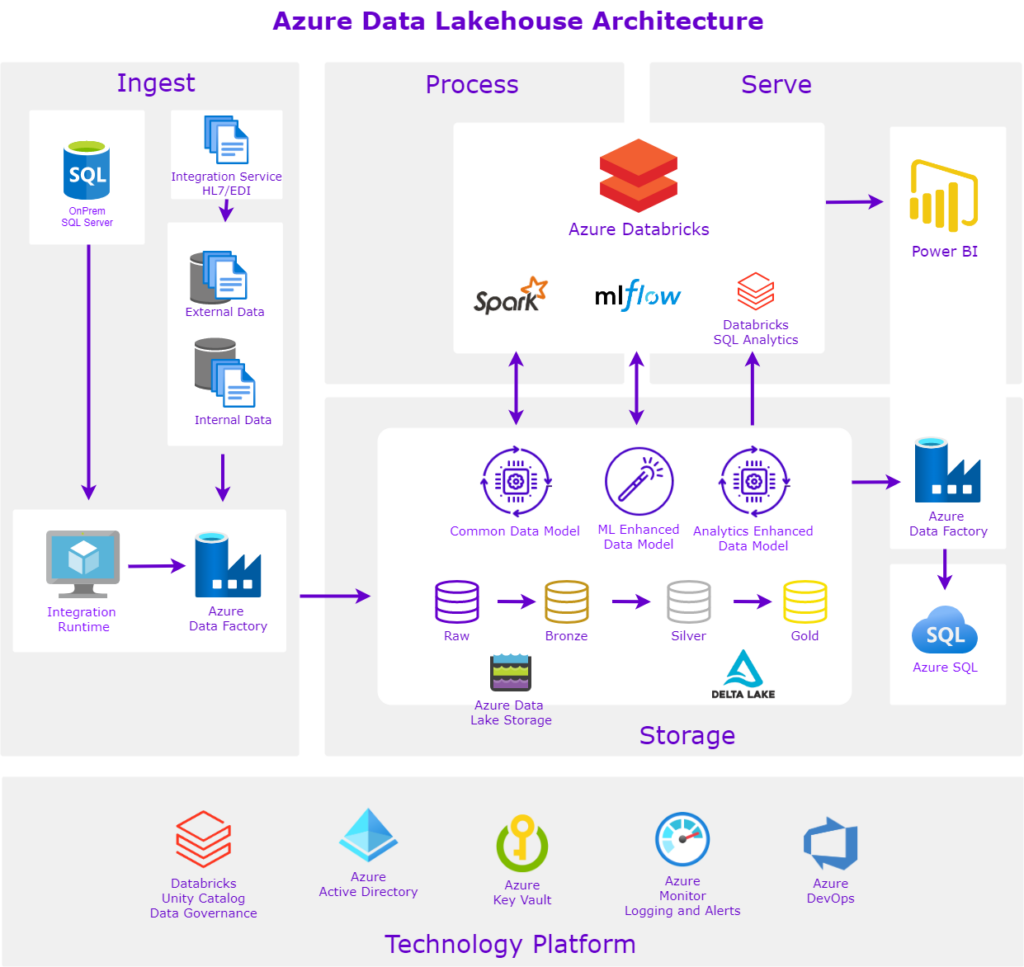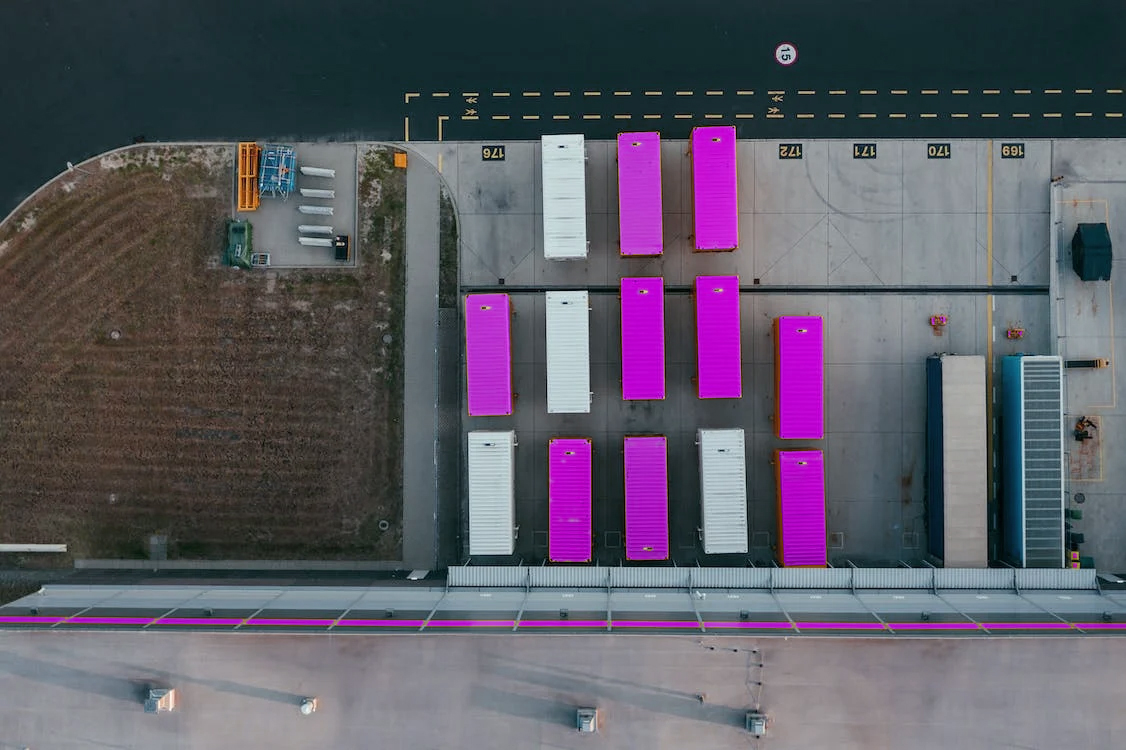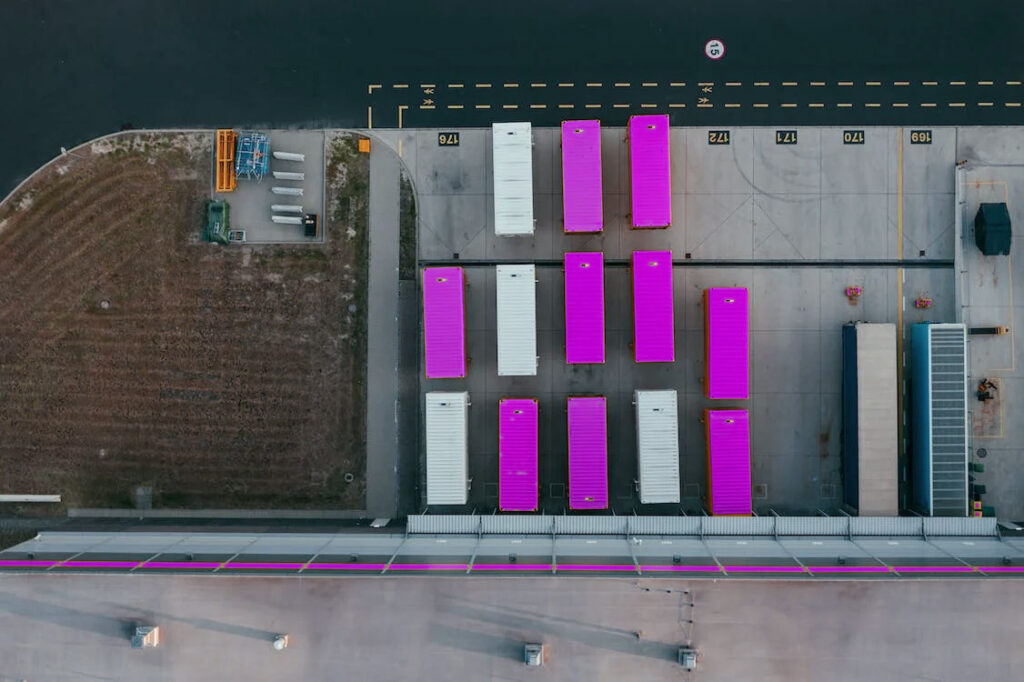Software & Technology
Workday Integration & Custom Automation Scripts
Reducing manual intervention across core payroll and invoicing tasks
In partnership with
Overview
Apex Global is a leading employer services provider supporting payroll, HR, and invoicing for over 400 businesses. As their client base grew rapidly, so did the complexity of their backend operations—especially as they scaled to serve thousands of employees and process a high volume of invoices and payments. Kopius partnered with Apex to enhance core platform capabilities, reconfigure outdated workflows, and ensure the system could scale efficiently without interrupting day-to-day business.
Challenge
Apex was experiencing growing pains common to successful platforms: rapid user growth, increasingly complex configurations, and a reliance on legacy SAP systems that made agility difficult. The existing Workday-based infrastructure had limitations in supporting custom business rules, client-specific payroll configurations, and flexible reporting. The team needed a partner who could deeply understand their unique system architecture, navigate both Workday and SAP dependencies, and deliver upgrades without disrupting critical payroll operations.

Solution
Kopius embedded a technical team with specialized Workday and SAP knowledge to work closely with Apex’s internal stakeholders. Together, we:
Reconfigured Workday Integrations to better align with client-specific payroll and HR structures.
Built Custom Automation Scripts that reduced manual effort and improved accuracy in invoice generation and payroll processing.
Optimized SAP-Based Workflows to accommodate Apex’s unique business model, without requiring a full platform overhaul.
Maintained Business Continuity by deploying enhancements in a staged and carefully monitored rollout that avoided system downtime.
This engagement was highly consultative, iterative, and tailored to Apex’s unique requirements—far beyond a standard development or implementation project.
Result
With the help of Kopius, Apex significantly reduced manual intervention across core payroll and invoicing tasks. The system now seamlessly supports services for 400+ client companies and thousands of employees. Leveraging their new enhanced backend flexibility, Apex is now able to serve more clients with varying business rules and configurations, adapting and scaling without service disruption.















